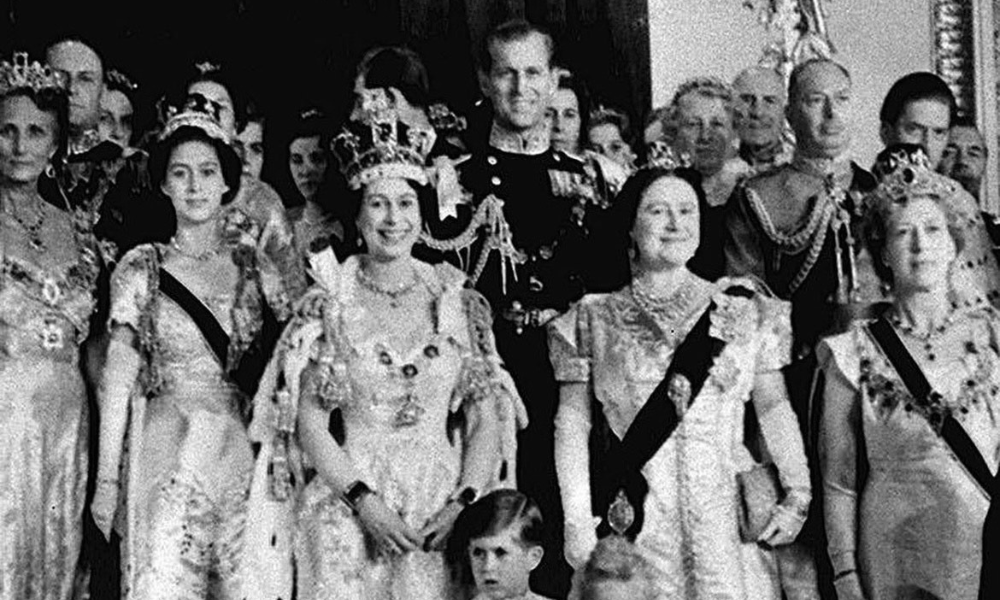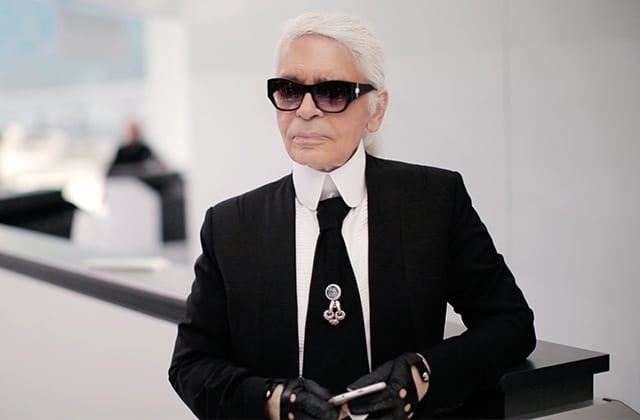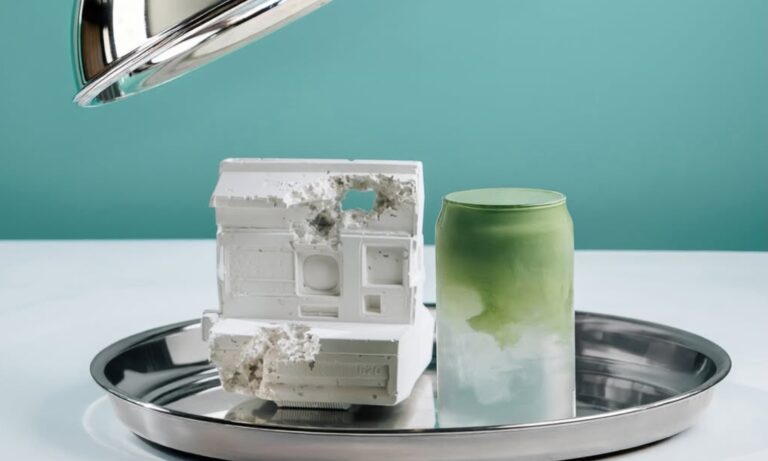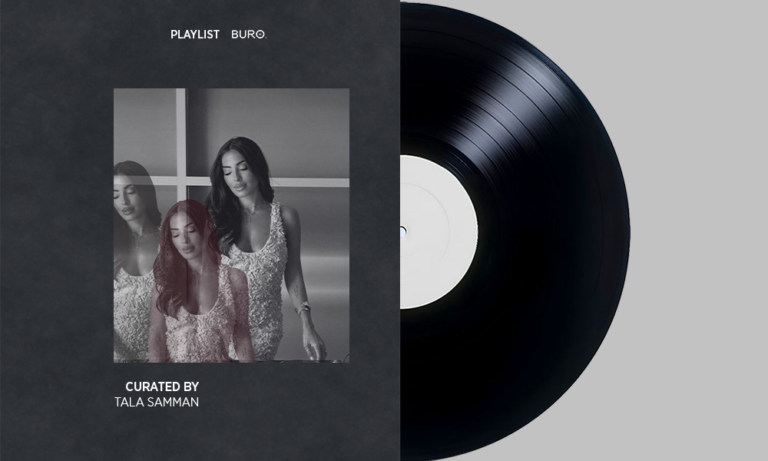Save the date & time.
The Crowning of King Charles III as the New Monarch Is Set to Take Place on May 6th, 2023, at London’s Illustrious Westminster Abbey from 11:30 am till 2 pm. This Glorious Ceremony Will See the Crown Placed Upon the King’s Head, Signifying the Bestowment of His Authority as the Head of the Church of England and Commencing His Reign in Splendid Fashion. Tomorrow the world will witness a Historical Moment Where King Charles III will be Officially Proclaimed as the Monarch of England and the Ruler of a Kingdom Steeped in Rich Tradition and Grandeur.
The route, much shorter than Queen Elizabeth II’s 1953 one.
In a departure from the grandeur of his mother’s coronation in 1953, King Charles III’s procession is set to be a shorter one, stretching a mere 1.3 miles in length – just over a quarter of the distance covered by Queen Elizabeth II. On the morning of May 6th, the newly-crowned monarch and Queen Camilla will make their way from Buckingham Palace to Westminster Abbey in the Diamond Jubilee State Coach, passing through the streets of London in a stately and regal procession. After the coronation ceremony, the royal couple will travel back to the palace in the magnificent Gold State Coach, a majestic vehicle that has been used at every coronation since William IV’s in 1831.
It happens in stages.
In the grandiose ceremony of a British coronation, there are six distinct stages that mark the ascent of the monarch to the throne. The first is ‘the recognition’, where the Archbishop of Canterbury presents the King to the congregation, who greet him with the rousing chorus of “God Save the King,” heralded by trumpets. Then comes the second stage, the oath, where the King swears to defend the Church of England and the law. In the third stage, the anointing, the King sits in the ancient Coronation Chair while holy oil is poured on his head, chest, and hands. The fourth stage, the investiture, is when the King receives the orb and sceptre, symbols of his power, and the magnificent St Edward’s Crown is placed upon his head. The final two stages are the enthronement, where the King ascends to his rightful seat of power, and the homage, where the peers of the realm kneel before him. Queen Camilla will also undergo the anointing and enthronement process.
The CROWN.
In accordance with royal tradition, King Charles III will be adorned with the majestic St Edward’s Crown, a regal symbol steeped in centuries of history and grandeur. This iconic crown, named after the revered St Edward the Confessor, has been used to coronate English and British monarchs for over 700 years. The present version of the crown was commissioned for King Charles II’s coronation in 1661, as the original one was melted down during the Civil War. Crafted from solid gold, the crown is bedecked with an impressive array of 244 precious stones, adding to its ornate and opulent appearance.
For almost two centuries, the Jewellery house Garrard has held the esteemed title of the first official Crown Jeweller, marking its indelible imprint on British royal history. In a dazzling display of royal regalia, the Imperial State Crown reigns as the pièce de résistance of the Crown Jewels. This historic artifact, now in its 10th version, will soon sit atop the head of King Charles III as he emerges from Westminster Abbey. The grandeur continues as the monarch presents himself to the public from the balcony of Buckingham Palace, adorned in the Imperial State Crown just like his mother did for her own coronation. Meanwhile, Camilla, Queen Consort, will don a modified version of Queen Mary’s Crown, a stunning piece created by Garrard in 1911 and inspired by Queen Alexandra’s Consort Crown, also fashioned by the renowned jeweler. In a nod to the late Queen Elizabeth II, Buckingham Palace announced that Queen Mary’s Crown will be reset with the Cullinan III, IV and V diamonds, which were frequently worn by Her Majesty as brooches. This is the first time in recent history that an existing crown will be used for the coronation of a consort, instead of commissioning a new one.




